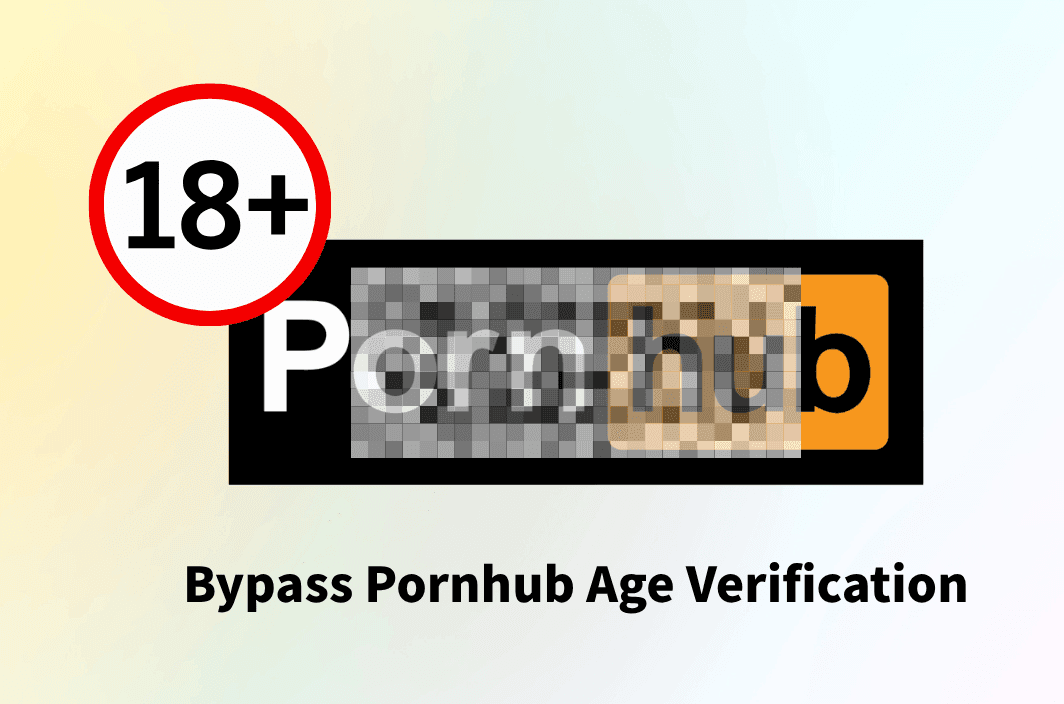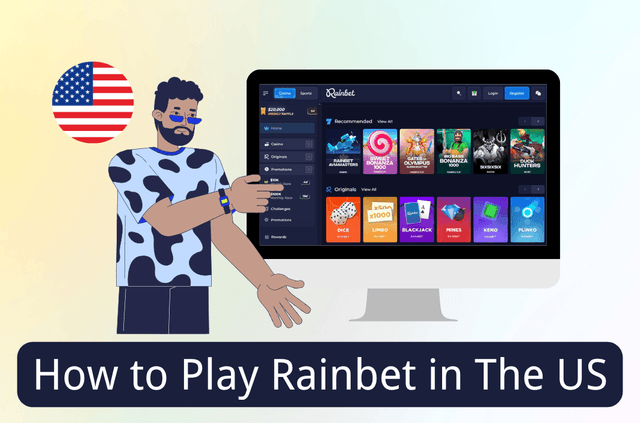Across many regions, adult websites increasingly require robust age checks. Some platforms now restrict access altogether in places with strict verification rules. If you’re an adult, it’s natural to wonder what’s happening, whether workarounds exist, and—crucially—how to protect your privacy. This guide unpacks how age gates operate, what they can and cannot see, and what responsible adults can do to reduce data exposure while staying on the right side of local laws and platform policies.
Age Verification 101: What’s Being Checked and Why It Blocks Adults Too
Before looking at options, it helps to understand the signals that trigger an age check. Verification systems typically blend IP-based geolocation, cookies, browser fingerprints, and sometimes third-party ID checks to confirm that a visitor is both of age and in a legally permitted location. The downside is that blunt region-level rules occasionally catch legitimate adult users, showing “not available in your area” or requiring an ID flow you may not want to complete.
Because these controls operate at multiple layers, no single tactic works everywhere, and many approaches raise privacy or legal concerns. The sections below explain the landscape so you can make informed, adult decisions rather than relying on risky shortcuts that could compromise your identity.
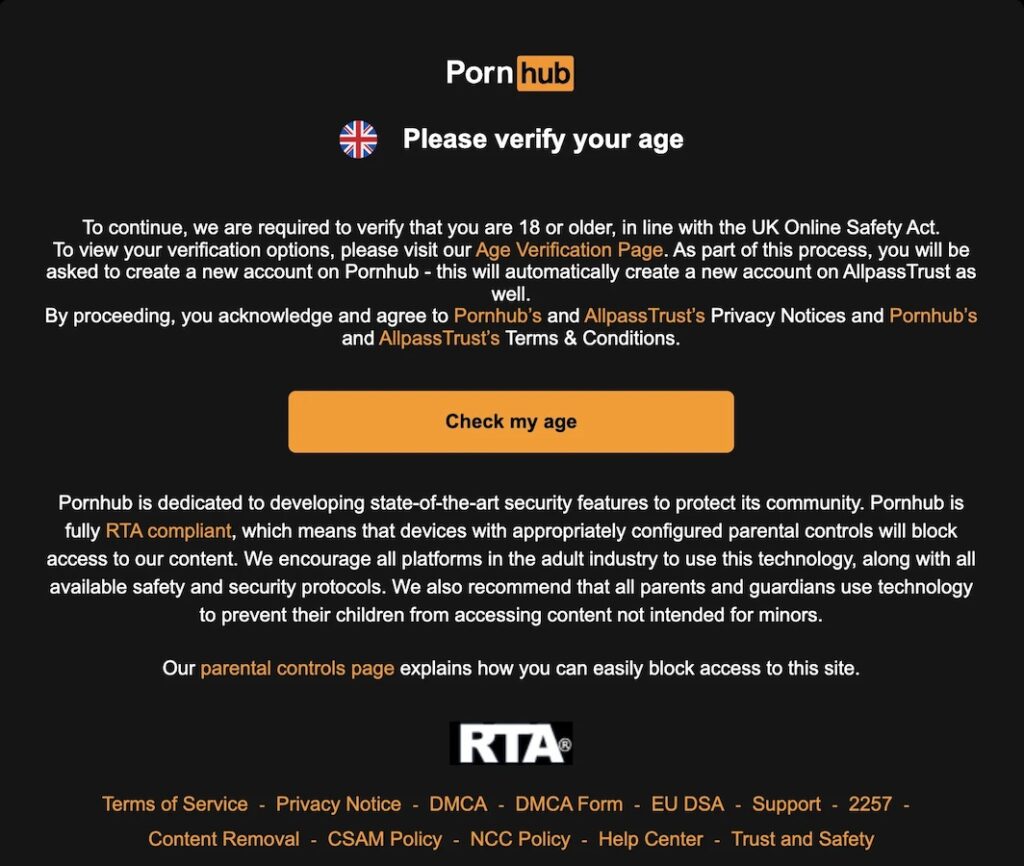
TL;DR for Adults: What to Consider Before You Try Anything
Many people search “how to bypass pornhub age verification” looking for a quick fix. Slow down and weigh the trade-offs first. Age verification attempts to satisfy regional laws; circumventing it may violate terms of service or local rules. If access is lawful where you reside, focus on privacy-first practices: minimize data you hand over, understand what verification providers store, and use reputable security tools to reduce tracking. If access is restricted by law where you are, do not attempt to defeat those controls.
How Age Gates Identify You: Signals and Limits
Age verification relies on several data points working together. Your IP address reveals a rough location; cookies and browser storage capture prior visits and consent states; device or browser fingerprints correlate sessions; and, in some regions, identity vendors verify a government-issued ID or mobile-carrier record. None of these is perfect alone, but together they set a high bar. That’s why simplistic “clear cookies” or “change DNS” tips often fall short: you might pass one check while failing another. Understanding this helps you spot advice that overpromises or ignores the privacy cost of handing over sensitive documents online.
Privacy-First Mindset for Adult Users (Not a Shortcut List)
Many “bypass” posts sprint to step-by-step tricks. This guide takes a different path: you should first decide what you’re comfortable sharing and whether viewing is lawful where you are. If you proceed, proceed as an adult with caution. Favor providers and configurations that reduce traceability and data retention. Where a site mandates age proof, evaluate the vendor’s privacy policy, retention windows, and whether you can redact nonessential data. In most cases, less is more.
Responsible Use of a VPN: When It Helps—and When It Doesn’t
A Virtual Private Network can improve privacy by encrypting traffic, masking your IP from local networks, and mitigating ISP profiling. That can reduce some signals used by tracking systems and make your connection more stable. But a VPN is not a magic wand. It does not legitimize access that’s illegal where you are, and no VPN can guarantee availability across all regions or services. Treat a VPN as a privacy and connection-stability tool for adults—not a promise to sidestep the law or a site’s terms.
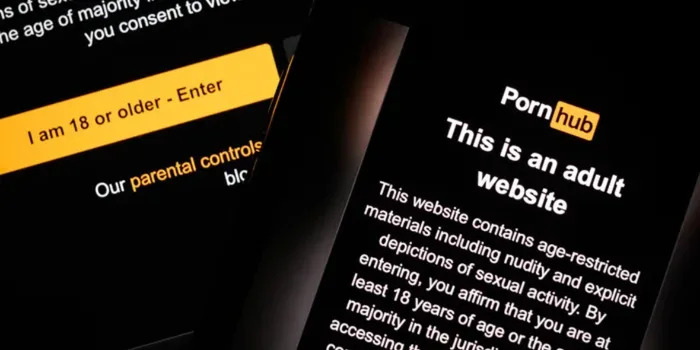
BearVPN for Adult Privacy: Encryption, Leak Safeguards, and Cross-Platform Ease
When you’re assessing privacy tools, usability and safety features matter. BearVPN runs on iOS, Android, macOS, and Windows with a clean, one-tap connection flow that’s friendly if you prefer minimal setup. Under the hood, it’s designed to help reduce accidental exposure of your real network details through DNS-leak protection and IP masking. RAM-only servers and an explicit no-logs approach aim to minimize the footprint of your sessions, while traffic obfuscation can make encrypted flows look less conspicuous on busy networks.
If you juggle different apps, per-app routing gives you the option to pick which apps use the VPN tunnel, helping keep streaming or gaming responsive while still protecting what needs protection. Global server coverage supports quick IP changes and can improve latency by picking nearby endpoints. None of this guarantees access to any specific site, but for adults who value privacy and a stable connection, it’s a practical baseline.
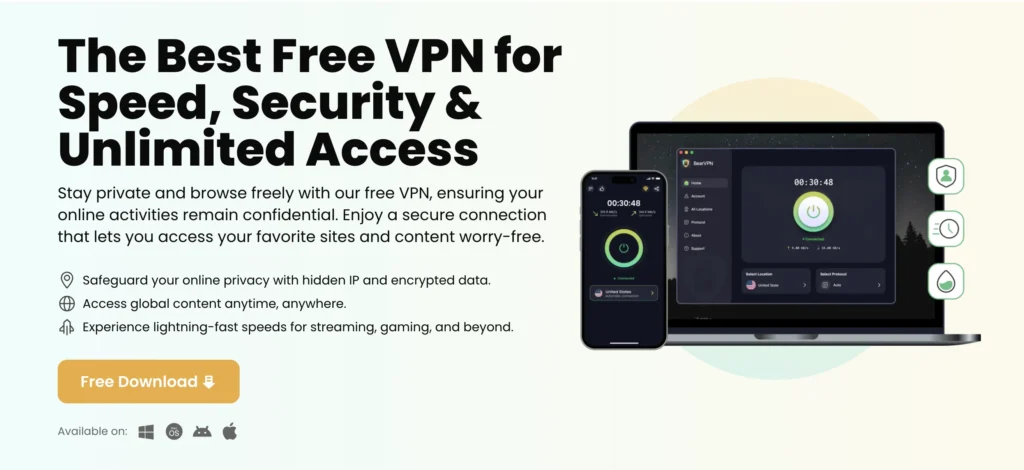
Regional Reality Check: Laws, Platforms, and Why Results Vary
Searches like “watch Pornhub without age verification,” “Pornhub blocked in my country,” or “bypass age verification on iPhone/Android” spike when new rules appear. These queries reflect a patchwork of laws, not a single global standard. Some jurisdictions require strict ID checks; others ask platforms to implement reasonable safeguards; others leave it to site operators. Platforms adapt differently: some choose ID verification with third-party vendors, some reduce content in specific markets, and some disable access entirely to avoid legal uncertainty.
This patchwork explains why one person online claims “it worked with a simple setting,” while another—perhaps in a different country—cannot replicate it. It’s not that you did something wrong; it’s that the underlying rules, partners, and enforcement differ.
Adult-Only Best Practices: Minimize Data, Limit Exposure, Stay Legal
A privacy-first path for adults doesn’t hinge on a single trick. It’s a series of small, cautious choices that add up:
- Share the minimum required if you decide to pass an age check. Avoid oversharing documents; explore redaction or alternative attributes when offered.
- Prefer vendors with short retention and transparent policies. What happens to your data matters as much as whether you get access today.
- Reduce browser residue by periodically clearing site data and considering a separate, privacy-oriented browser profile for sensitive sessions.
- Keep device location off when not needed; let fewer apps read GPS while browsing. Limit cross-app identifiers in your OS settings.
- Use a reputable VPN for privacy, not promises. Encryption and DNS-leak safeguards help on coffee-shop Wi-Fi and apartment ISPs alike, but they are not a license to ignore local rules.
iPhone, Android, Mac, and Windows: Platform Nuances Without the Hype
“Bypass on iPhone,” “bypass on Android,” or “Mac/Windows” tutorials often look identical, but there are platform quirks. Mobile operating systems are more aggressive about background location and ad IDs; desktop browsers vary in how they treat third-party cookies and fingerprinting surfaces. On any platform, consistency is key: align your privacy settings, keep your system updated, and avoid mixing privacy tools with suspicious extensions or unknown “accelerators” that could leak data.
BearVPN’s cross-platform support helps you keep a similar privacy posture across devices, with the same general features—encryption, IP masking, leak protection, traffic obfuscation, and per-app management—available whether you’re on a phone or laptop. That continuity is valuable if you want less guesswork between home, work, and travel networks.
What About Proxies, Smart DNS, or Tor? Pros, Cons, and Misconceptions
You’ll also see advice to “just use a proxy,” “switch DNS,” or “try Tor.” Each has trade-offs:
- HTTP/HTTPS proxies can change your apparent IP but may expose traffic to the proxy operator if it’s not end-to-end encrypted. Free proxies are notorious for injection and logging.
- Smart DNS can reroute certain lookups for speed, but it doesn’t encrypt traffic. It’s less about privacy and more about region-based content routing.
- Tor routes through multiple relays for anonymity, which can be excellent for research and activism. For streaming or heavy video, though, performance may not meet expectations, and some sites block Tor exits.
If you’re an adult concerned primarily with reducing casual tracking while maintaining performance, a well-implemented VPN tends to be the simplest, most balanced tool—again, without guarantees or license to break rules.
Common Search Intents Explained: From “Unblock” to “Is It Legal?”
Keyword patterns around this topic typically fall into a few buckets, and understanding them keeps expectations realistic:
- “How to bypass…/watch without age verification”: Many users are adults frustrated by blanket region rules. The honest answer is: outcomes vary by jurisdiction and platform policy; privacy tools may help with network-level profiling, but do not override legal mandates.
- “Pornhub blocked in [country/state]”: Usually indicates a legal or platform decision; no technical step can transform illegality into legality.
- “Bypass age verification iPhone/Android/Mac/Windows”: Device-level instructions rarely matter more than the site’s rules; still, consistent privacy settings and high-quality encryption can reduce data exposure.
- “Is using a VPN legal?”: In many places, VPNs are lawful for legitimate privacy needs. Misuse—like committing crimes or violating binding restrictions—remains unlawful.
Treat the search results as signals of what to learn, not menus of guaranteed outcomes. The goal is to protect your privacy as an adult while respecting boundaries that may carry real penalties if ignored.
If You Choose a VPN, Choose Features That Serve Privacy First
Not all VPNs emphasize the same things. If you are an adult looking for a smoother, safer browsing baseline, prioritize features that measurably reduce exposure:
- DNS-leak protection and IP masking to avoid accidental information leaks.
- RAM-only servers to reduce long-term data persistence.
- Traffic obfuscation that makes encrypted flows look more ordinary on restrictive networks.
- No-logs policy is stated clearly and consistently across platforms.
- Per-app routing so you can send only sensitive apps through the tunnel and leave latency-critical ones off it.
- Broad platform support across iOS, Android, macOS, and Windows for consistent habits on every device.
BearVPN focuses on these elements alongside a one-tap connection UI and wide server coverage for flexible IP changes. It’s built for fast browsing, streaming, and gaming performance while maintaining a privacy-first posture. Still, as with any VPN, it does not promise 100% success on any particular site.
Troubleshooting the Basics Without Crossing the Line
Even adult users who keep everything lawful hit occasional roadblocks unrelated to age rules—think stale cookies, mis-set time zones, or ISP DNS cache issues. If you encounter generic access errors, standard hygiene often helps: refresh the page, clear site data, restart the browser, or try again after a short interval. If your network is unstable, a VPN may stabilize the path between you and the site’s edge, which can reduce random timeouts. Keep the distinction clear in your mind: solving connectivity jitters is different from bypassing a binding restriction.
Recommended: Porn Sites without Age Verification
Safety, Consent, and Digital Well-Being Still Matter
It’s easy to get caught up in technical debates and ignore the human side. Adult content is a personal choice, but digital well-being matters: use private modes when appropriate, consider content filters for shared devices, and communicate boundaries in relationships. Consent and respect are not buzzwords—they’re the foundation of healthy online behavior. Good tools can help you protect privacy; they don’t replace judgment.
Clear Lines You Shouldn’t Cross
Some lines are bright and simple. Do not attempt to access adult content if you are under age. Do not share or trade identity documents. Do not use hacked apps, cracked VPNs, shady “accelerators,” or untrusted proxies that harvest data. If your location bars access, accept that limitation; tools designed for security are not shields against legal risk. The best privacy is the kind you practice within the rules.
Conclusion
Search trends around “how to bypass pornhub age verification” reflect frustration with sweeping rules that can block legitimate adult users. The constructive response is not chasing magic tricks; it’s understanding how verification works, making privacy-respecting choices, and staying within legal boundaries. A well-engineered VPN like BearVPN can reduce exposure and stabilize connections across operating platforms, but it’s not a guarantee or a loophole. Treat privacy as a habit, not a hack—your future self will thank you.
